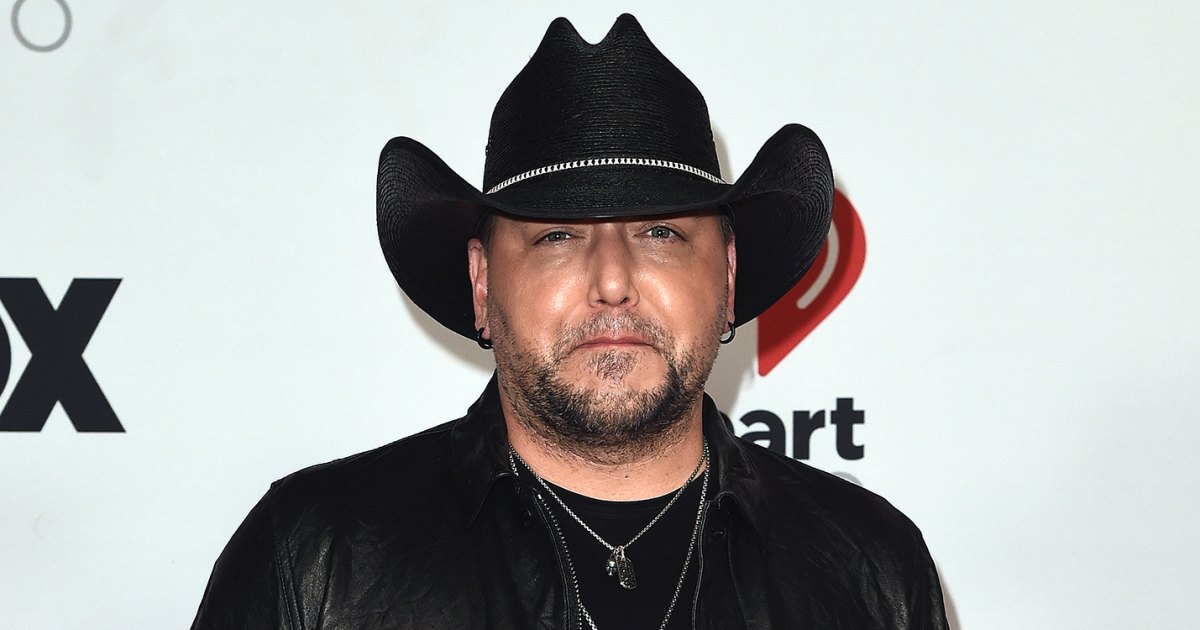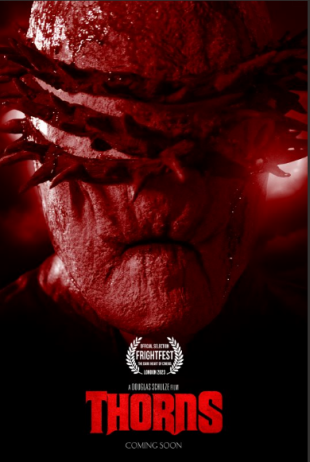After his song “Try That in a Small Town” sparked lyrical backlash for allegedly condemning gun control and racial equality, Jason Aldean is clarifying his stance.
“It’s been a long-ass week and I’ve seen a lot of stuff suggesting I’m this, suggesting I’m that,” Aldean, 46, said in the middle of his Cincinnati, Ohio, concert, on Friday, July 21, per social media footage. “I feel, like, everybody’s entitled to their opinions. You can think something all you want to but doesn’t mean it’s true.”
The country crooner added: “What I am is a proud American [and] I’m proud to be from here. I love our country. I want to see it restored to what it once was before all this bulls—t started happening to us. I love my country, I love my family and I will do anything to protect that, I can tell you that right now.”
Aldean was quickly met by widespread cheers from concertgoers at the Riverbend Music Center, who even started a “USA” chant.
The “Big Green Tractor” singer has recently been under fire for the lyrics in his new single “Try That in a Small Town.”
“Cuss out a cop, spit in his face / Stomp on the flag and light it up / Yeah, ya think you’re tough,” Aldean croons in one verse. “Well, try that in a small town / See how far ya make it down the road / Around here, we take care of our own / You cross that line, it won’t take long / For you to find out, I recommend you don’t.”
Many social media users and celebrities alike criticized the tune for supposedly promoting anti-gun control legislation and racial inequity. Aldean has since denied the allegations.
“In the past 24 hours, I have been accused of releasing a pro-lynching song (a song that has been out since May) and was subject to the comparison that I (direct quote) was not too pleased with the nationwide BLM protests. These references are not only meritless, but dangerous,” Aldean wrote via Twitter on Tuesday, July 18. “There is not a single lyric in the song that references race or points to it —and there isn’t a single video clip that isn’t real news footage — and while I can try and respect others to have their own interpretation of a song with music — this one goes too far.”
Aldean — who has been supported by his wife, Brittany Aldean, amid the controversy — further explained that the song was meant to represent the “feeling of a community” that he experienced while growing up in Georgia “where we took care of our neighbors, regardless of differences of background or belief.”

















































































